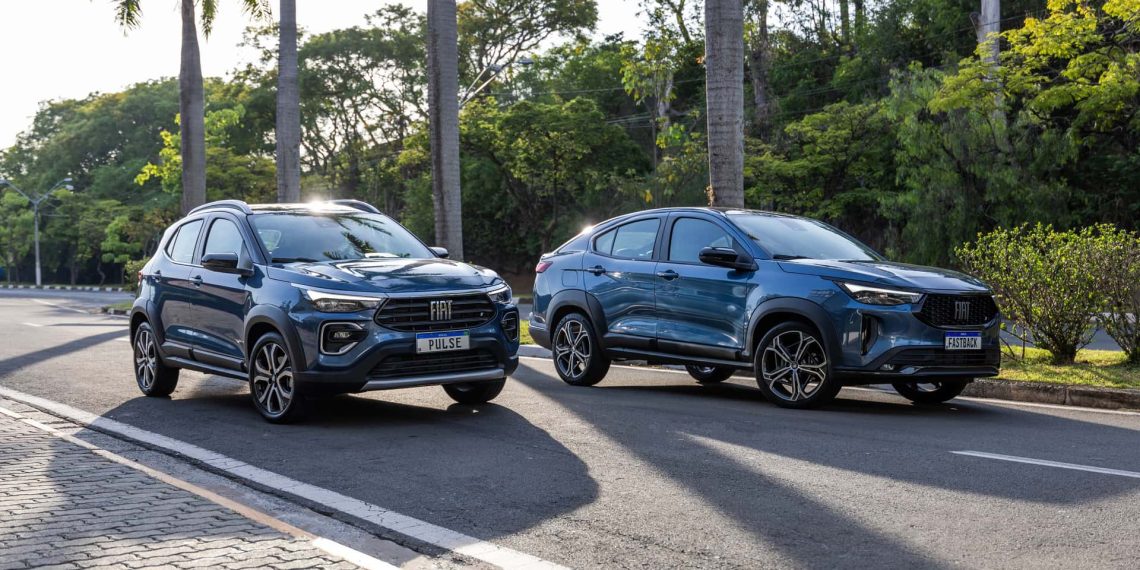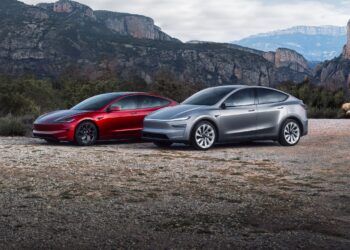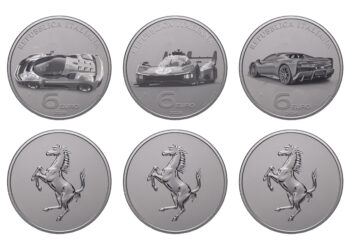Fiat is shaking up the hybrid landscape with its latest launch in Brazil: the bio-hybrid SUVs Fastback and Pulse. These SUVs mark Fiat’s foray into the ethanol hybrid market, combining the power of gasoline and ethanol with electric support in a package designed for one of the world’s largest ethanol-producing nations.
Fiat’s new bio-hybrid tech centers around a turbocharged 1.0-liter three-cylinder engine that generates 130 horsepower and 148 pound-feet of torque. Though compact, this engine has enough power for Fiat to boast that the Fastback and Pulse are the most potent SUVs in their class. Power flows to the front wheels through a CVT transmission that simulates seven gears, making for a smooth yet dynamic driving experience.
The innovative setup includes two 12V batteries: a 68Ah lead-acid battery in the engine bay and an 11Ah lithium-ion battery beneath the driver’s seat. These power a four-horsepower electric motor that replaces traditional starter and alternator components. Additionally, regenerative braking captures up to 25% of otherwise lost energy, which is stored to enhance efficiency. Fiat claims fuel consumption is improved by 11.5% for the Fastback and 10.7% for the Pulse compared to their non-hybrid counterparts.
Why ethanol? In Brazil, ethanol isn’t just a fuel choice; it’s a way of life. As the world’s second-largest ethanol producer, thanks to vast sugarcane resources, Brazil has been pioneering ethanol-compatible vehicles since the Fiat 147 hatchback launched in 1979. Ethanol accounts for 83% of Brazil’s flex-fuel vehicles today, a figure expected to grow as more automakers embrace ethanol-powered hybrid solutions.
Fiat’s bio-hybrid line is just the beginning. Stellantis plans to introduce full hybrids and plug-in hybrids that also run on ethanol. Meanwhile, competitors like General Motors and Honda are gearing up to join the ethanol hybrid race, making Brazil a hotspot for innovative, environmentally friendly automotive technology.










